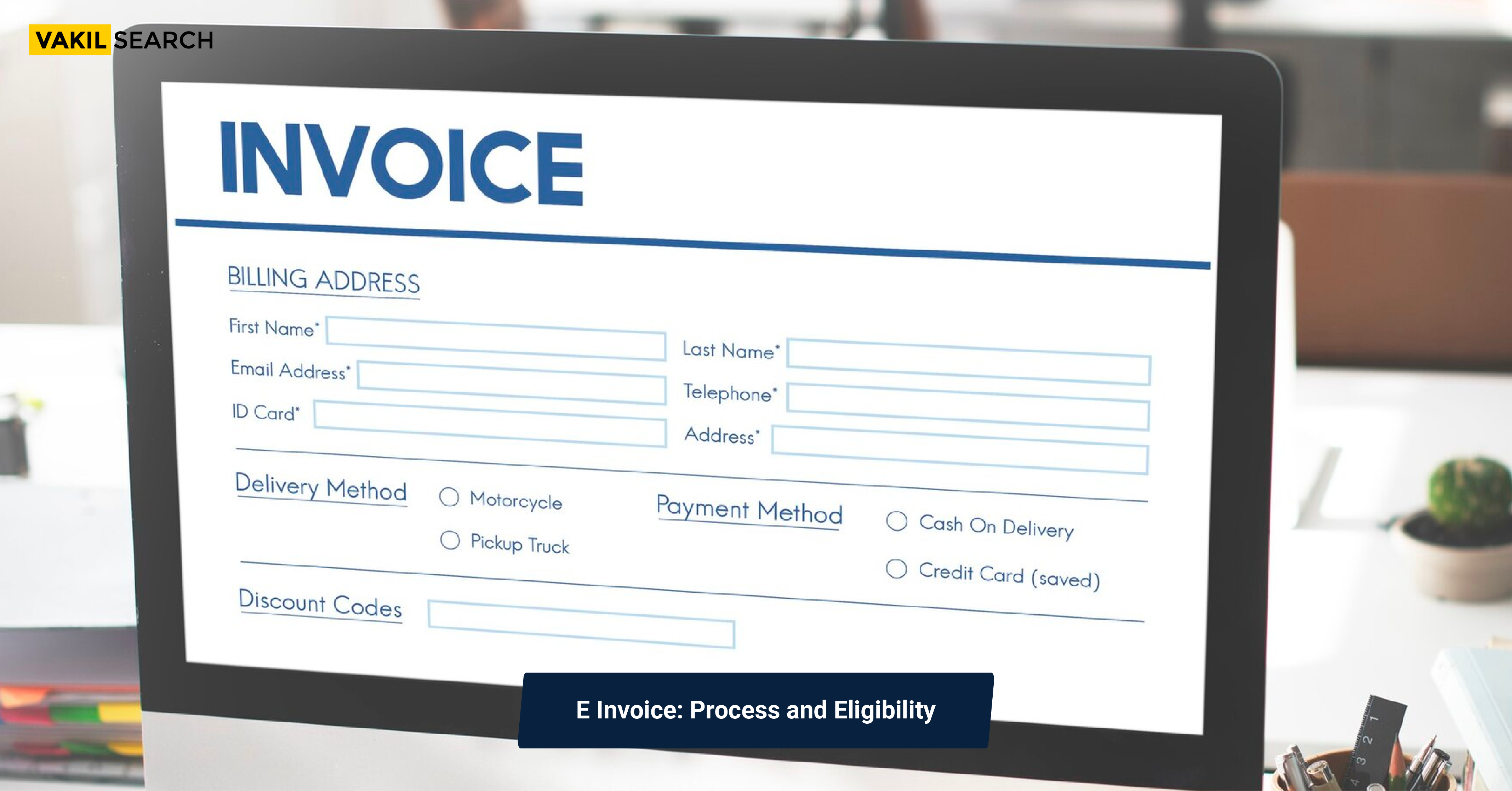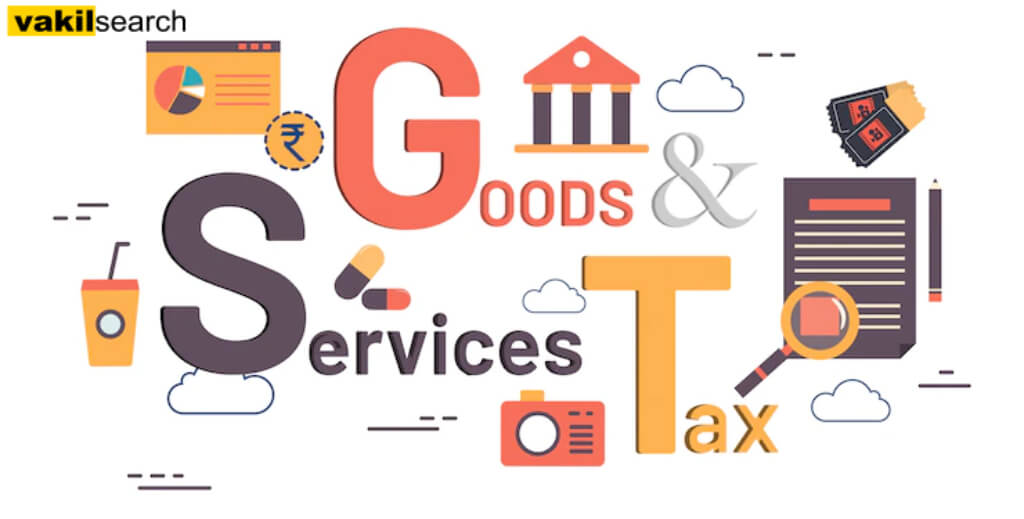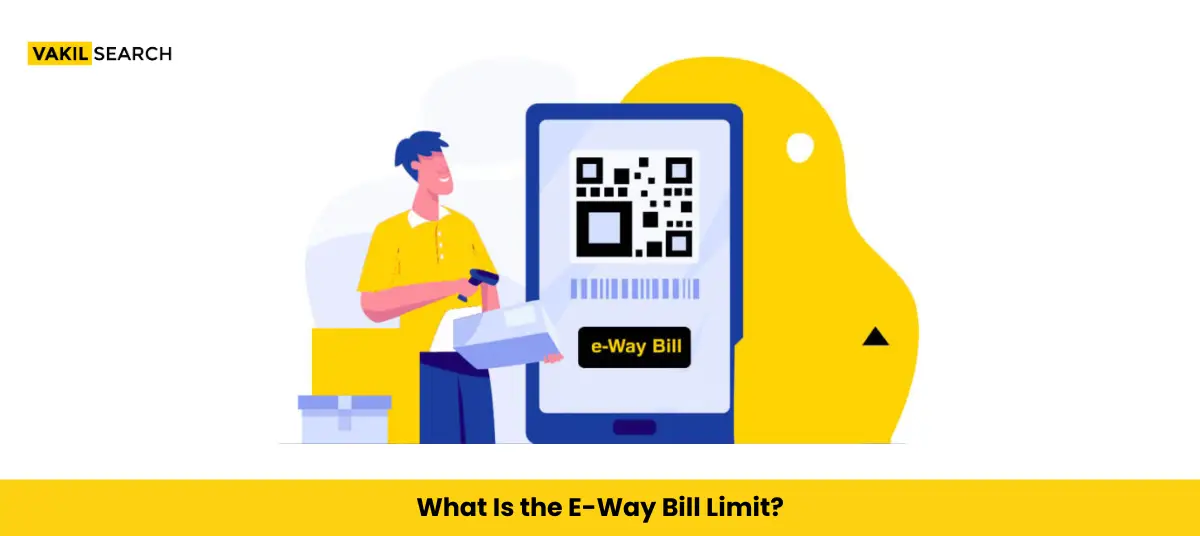Say goodbye to paper! E-invoicing is here. Discover how it works, who needs it, and unlock its advantages for your Indian business.
India’s E-Invoice revolution! Ditch paper, embrace digital! Generate & exchange invoices electronically with the government. Boost efficiency & compliance. Mandatory for businesses with Rs. 10+ crore annual turnover.
What is e-Invoice?
E-invoice, short for electronic invoice, is a digital document that replaces traditional paper invoices. Instead of physical copies, businesses electronically generate and exchange invoices with each other (B2B) and with the government. This streamlines the entire invoicing process, making it faster, more efficient, and less prone to errors.
Benefits of e-Invoice
- Increased efficiency: Instant transmission of invoices reduces processing time and delays.
- Reduced costs: Saves on paper, printing, and storage expenses.
- Improved accuracy: Electronic data eliminates manual errors and data entry mistakes.
- Enhanced transparency: Real-time tracking and visibility of invoices improve transparency and accountability.
- Simplified compliance: Electronic data readily integrates with accounting and tax systems, facilitating compliance with regulations.
- Better business insights: Data analytics from e-invoices provide valuable insights into business operations and customer behaviour.
The Need for a Standard e-Invoice System
- Standardisation: A common format for e-invoices ensures compatibility across different software and systems, simplifying data exchange.
- Reduced fraud: Electronic signatures and data encryption enhance security and combat fraud.
- Improved tax administration: Electronic data provides the government with real-time information for better tax administration and enforcement.
- Digital India initiative: E-invoicing aligns with the government’s vision of a paperless and digitally empowered India.
E-invoicing Process
- Invoice Generation:
- Use compatible accounting software or the Invoice Registration Portal (IRP) to create in the prescribed format (JSON).
- Include mandatory fields like invoice number, date, buyer/seller details, items, taxes, etc.
- Generate a unique Invoice Reference Number (IRN) for each invoice.
- IRN Generation:
- Submit the invoice to the IRP for IRN generation.
- The IRP validates the invoice, assigns a unique IRN, and digitally signs it.
- Invoice Transmission:
- Transmit the IRN and QR code (containing invoice details) to the buyer electronically.
- Integrate with e-way bill systems for seamless goods movement.
- Invoice Reporting:
- Report the IRN to the Goods and Services Tax Network (GSTN) within 24 hours of generation.
- GSTN shares invoice details with the Income Tax Department and other relevant authorities.
Registration for e-Invoicing System
- Visit the Invoice Registration Portal (IRP)
- Log in using your GST credentials.
- Under “Registration,” select “Enrol for E Invoice”.
- Provide required details and digitally sign the application.
- Once approved, you’ll receive an enrollment certificate and can start generating e-invoices.
Eligibility for e-Invoice
Mandatory E-invoicing in India applies to:
- Businesses with over Rs. 500 crore annual turnover (since 2017-18): No escaping the digital leap!
- Exporters of goods or services: Keep your international transactions streamlined.
- Businesses making TDS deductions under GST: Get compliant with e-invoices too.
- Input Service Distributors (ISDs): Supply goods or services on behalf of others? E-invoicing is for you.
For other businesses (DTA units): Check your GST applicability and other eligibility requirements. Voluntary adoption of e-invoicing is encouraged! The government has simplified the GST number registration process to encourage compliance.
FAQ’s
What is the meaning of e-invoicing?
E-invoicing stands for electronic invoicing. It's a system where businesses generate and exchange invoices electronically instead of using paper copies. The invoices are created in a specific format and transmitted digitally to the buyer and tax authorities.
What is the difference between e-invoice and normal invoice?
The main difference is the format and transmission method. A normal invoice is printed on paper and sent physically, while an e-invoice is created and sent electronically. e-invoice offer several advantages like faster processing, reduced errors, and improved compliance with tax regulations.
Who is eligible for Einvoice?
As of October 2023, e-invoicing is mandatory for:
* Businesses with an annual turnover exceeding Rs. 10 crores.
* E-commerce operators supplying goods and services.
* Taxable persons under the reverse charge mechanism (RCM) for specified goods and services.
What is the 7-day limit for e-invoice?
There's no 7-day limit for generating or issuing e-invoices. You can generate them anytime. However, you must report the IRN (Invoice Reference Number) to the GSTN within 24 hours of generating the invoice.
Who issues an e-invoice?
The seller in a business transaction issues the e-invoice. They use compatible accounting software or the Invoice Registration Portal (IRP) to create the e invoice and generate the IRN.
What is the new e-invoice limit?
The new e-invoice limit in India as of October 2023 is Rs. 10 crores. Businesses exceeding this annual turnover must mandatorily adopt e-invoicing. The threshold has been gradually reduced from the initial limit of Rs. 500 crores set in 2020.










